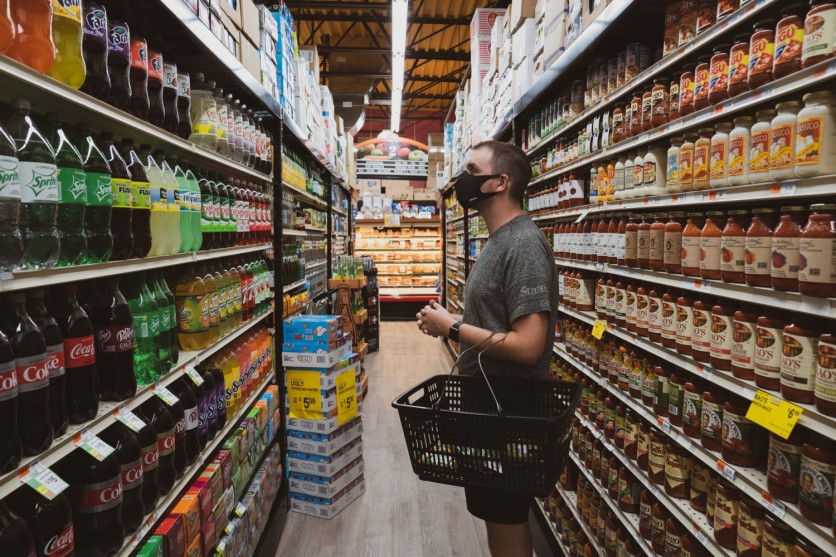
Age-verification is becoming handy these days, and this time, major supermarket chains are beginning to see it as an advantage for easier self-checkouts when buying alcohol. However, many are concerned about their privacy.
Supermarket Cameras for Age Verification
A number of supermarket chains have begun using cameras to estimate each customer's age before buying alcoholic beverages, outsmarting traditional and manual ways of scanning identification cards before checking out.
The cameras in question will speed up the counter queue in an effort to eliminate wait times at self-checkouts when buying alcohol.
"Waiting for age approval at the self-checkout is sometimes frustrating for shoppers," Robin Tombs, chief executive of Yoti--the company providing the technology, explained.
Not just that, the age verification camera system for supermarkets is also part of a Home Office's trial of technologies that will assist with the sale of alcohol.
In fact, Asda, Co-op, and Morrisons are employing the camera system in some shops. Meanwhile, age verification cameras for alcohol buyers are already used at Aldi's checkout-free store in London.
In a statement, Geri Hebberd, Asda's senior director of retail innovation, said they are excited to test the technology and look forward to hearing what their customers have to say.
"We know how time-pressed some of our customers are, so we always want to make things quicker and easier for them when they shop with us," Geri says.
Additionally, Tombs stated that their age-verification solutions were designed to enable retailers such as Asda to meet regulatory requirements while meeting consumers' demands for seamless and convenient services while protecting their privacy.
Also Read : Instagram Requires Users to Enter Birthday, for Age Verification Purposes-Any Way to Avoid This?
Is it Safe to Let the Camera Identify your Age?
But while this is a stellar move towards haste checkouts for supermarkets, many find this rather concerning.
In tests of almost 125,000 faces aged six to 60, the algorithm correctly estimated an individual's age to within 2.2 to 1.5 years among 16 to 20-year-olds.
Then in 2020, Co-op shops tested Facewatch's facial recognition system. In return, the camera system alerted employees to customers with a history of theft or antisocial behavior. This automatically raised privacy concerns.
On the other hand, Yoti--the technology provider--also made it clear that the camera system will only work under regulations and consent.
Say if a customer consents, the camera will use facial recognition algorithms to guess their age from a database of anonymous faces. However, if the camera itself estimates that the customer is under 25, they will need to personally show identification to the staff.
Tombs is also keen to emphasize that the camera system will not keep records of the images it takes and that the camera system is not entirely a facial recognition technology.
With that, the camera system will only have one goal for supermarkets; to verify the age of alcohol buyers and ease up the self-checkout process.
Read Article : Tinder Blames Google and Apple for Failure to Keep Away Underaged Dating App Users | Tech Times
This article is owned by Tech Times
Written by Thea Felicity
ⓒ 2025 TECHTIMES.com All rights reserved. Do not reproduce without permission.




